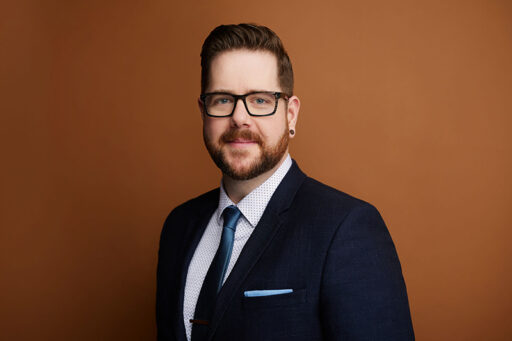College Blog
As some of you may know, I am a lawyer. But that doesn’t mean I am practicing law when I am acting as the College Registrar. I am not, although I believe my legal training helps me to perform well.
When our Practice Advisor, Shelley Martin, is talking to you on the phone, she isn’t providing you with physiotherapy even though her expertise as a PT is critical to her role.
How about you? If you are a physiotherapist, does that mean you are delivering physiotherapy whenever you deliver any sort of care or service?
At the College, we’ve recently been asked whether physiotherapists can assign Zerona® therapy to physiotherapy assistants. Have you heard of this therapy? It is a cold laser fat reduction therapy that was featured on the Dr. Oz television show. The question assumes that Zerona® therapy is physiotherapy, but I’d like to explore that a little more.
The scope of practice in the Physiotherapy Act refers to “the assessment of neuromuscular, musculoskeletal and cardio respiratory systems, the diagnosis of diseases or disorders associated with physical dysfunction, injury or pain and the treatment, rehabilitation and prevention or relief of physical dysfunction, injury or pain to develop, maintain, rehabilitate or augment function and promote mobility.”
If someone seeks out Zerona® to treat their back pain or improve their ability to walk, is it physiotherapy? If a person wants the therapy to look better in a bikini would you still call this physiotherapy? (I know that someone who wants it for cosmetic purposes might benefit from a mobility perspective, but is it really right to use this as a justification for calling it physiotherapy?)
It’s hard to define physiotherapy because practice constantly evolves and because, as in the Zerona® example above, the same activity may sometimes be physiotherapy and sometimes not.
The Canadian Physiotherapy Association has a Description of Physiotherapy in Canada which provides lots of examples of activities that may be included as part of physiotherapy. It also says, “Physiotherapy services are ‘those that are performed by a physiotherapist and any other trained individual working under a physiotherapist’s supervision and direction’”. I think this is incomplete because it doesn’t say what services are not included.
Here are some other examples of treatments we have recently had questions about. What do you think?
- supervision of an exercise program for weight loss
- acupuncture for plantar warts or fertility or smoking cessation
- desensitization techniques for children with autism
Which of these things is physiotherapy? What happens when they are performed by personal trainers, kinesiologists, traditional Chinese medicine practitioners or psychologists? Are they still physiotherapy?
As a health care provider and a caring professional, the services you provide may be no less valuable whether they are technically ‘physiotherapy’ or not. Many things that are not physiotherapy may be included in your practice because they are for the benefit of your patients. Maybe we could say that if quality performance of the activity does not rely on the knowledge, skills or judgement that come from physiotherapy training, it’s not physiotherapy.
This isn’t just a question of semantics. Patients are entitled to rely on the title “physiotherapist” as a guarantee that you will deliver safe and effective physiotherapy, but not that you will be good at other things, like cold laser fat removal or psychotherapy. It is important your patients understand that when you deliver a service that is not part of the knowledge, skills and judgement you have acquired as a physiotherapist, they are assuming a different kind of risk.
There is another group that is entitled to rely on your invoices as affirmation that the services provided were physiotherapy and not something else. They are the payors who have entered into agreements to pay for certain therapeutic treatments, but not, for instance, for cosmetic interventions.
All the same, if you happen to have tried this Zerona® therapy, let me know if it worked!











Share Your Thoughts